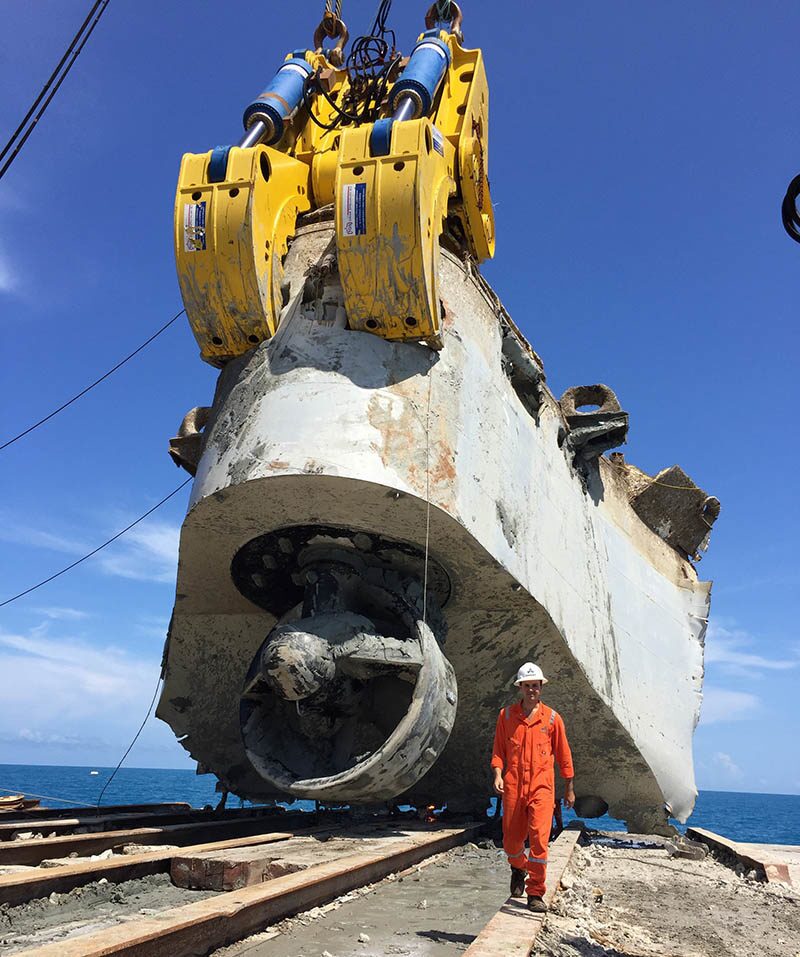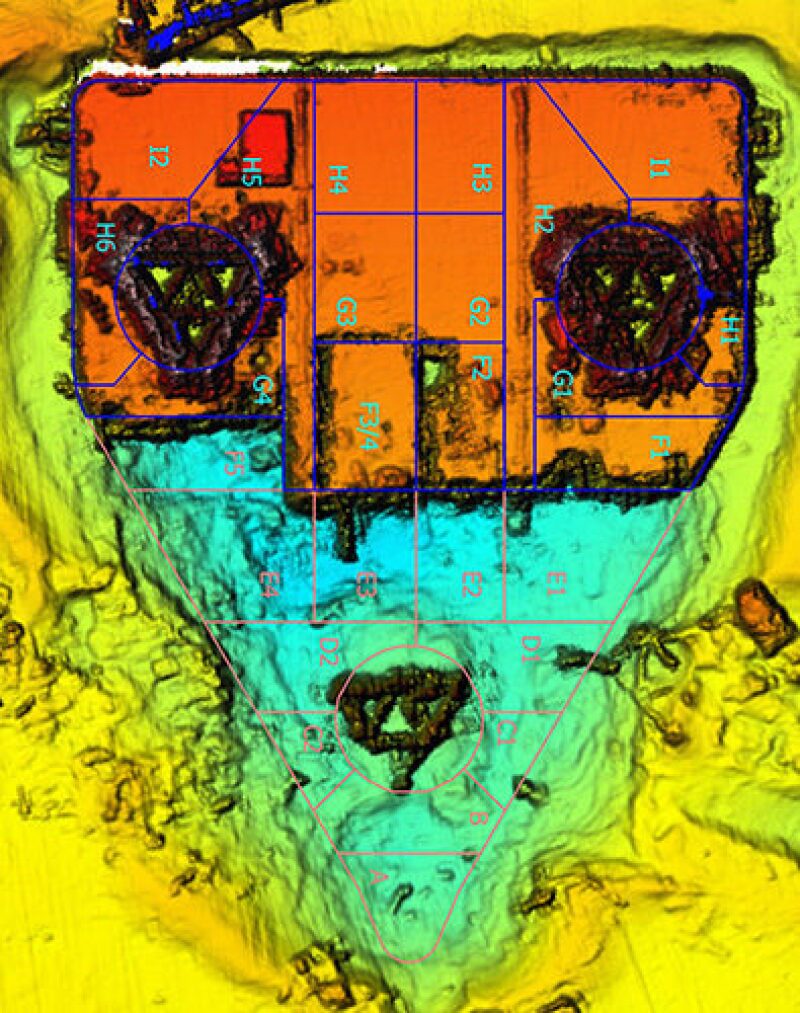A global decommissioning consortium, which includes Lloyd’s Register (LR), WorleyParsons, and Ardent, brings together 350 years of collective experience to reduce the interfaces, costs, and risks of decommissioning for the oil and gas industry.
Provision of services range from late-life management to planning, readiness for removal, execution, waste management, and monitoring post-removal. The consortium has the capability to take well operatorship, duty-holdership and title of offshore structures, in addition to providing independent third-party assurance, according to a LR statement.
Steve Gilbert, director of asset management and decommissioning at LR, said, “It represents a fundamental step change for the industry, aligning assurance, project management, and safe, fit-for-purpose removal and disposal.

|
“Decommissioning can be daunting—the cost uncertainty, the colossal project scope, and the unknown long-term liabilities. The consortium helps to reduce the overall cost, time, and liability burden for operators and allows them to focus resources on more fruitful activity, knowing that their decommissioning project is in safe hands. As experts in asset and risk management, and a number one provider of verifications services, this approach will assure safety, efficiency and reputation.”
Ardent’s CEO Peter Pietka said, “We bring to the consortium over 150 years of maritime retrieval experience, as a global leader in salvage and wreck removal. … We are in the unique position of being able to apply techniques and learnings from other sectors such as marine wreck removal to improve how to tackle the increasingly important challenge of decommissioning offshore oil and gas infrastructure.”
The consortium is set to deliver decommissioning activities with end-to-end project management and execution for operators that include best practices from other sectors such as float and tow, used widely in salvage.
John Cox, global decommissioning lead at WorleyParsons, said, “The value for industry is that our combined expertise covers the full decommissioning lifecycle. We have the unique capability to become well duty-holders and take title of offshore structures plus we offer independent assurance throughout the decommissioning process.”

